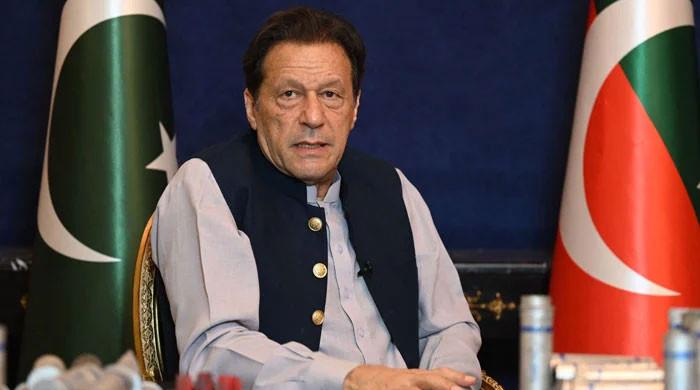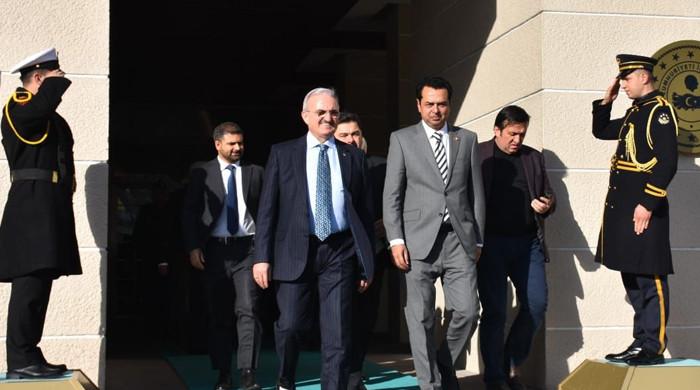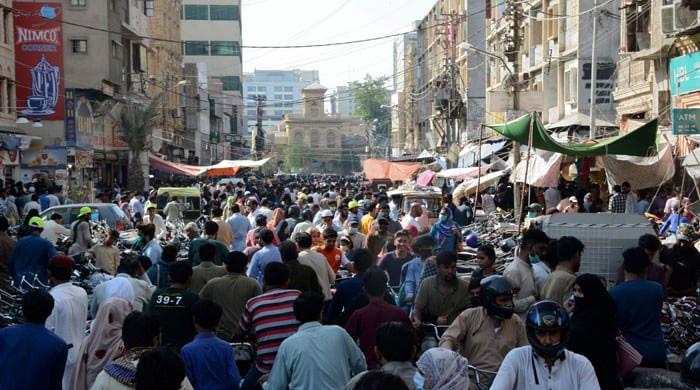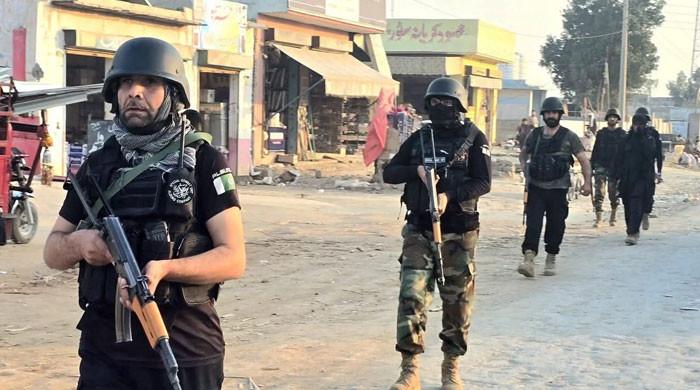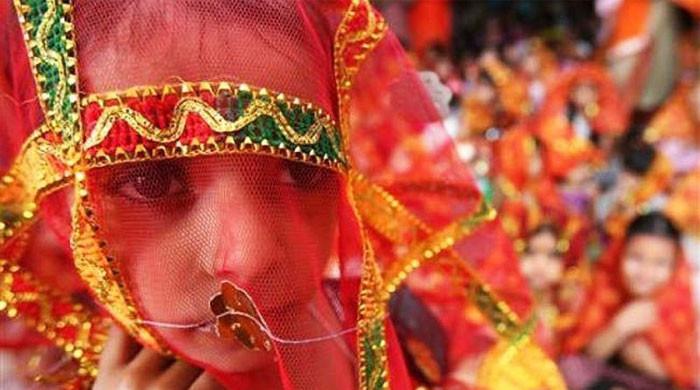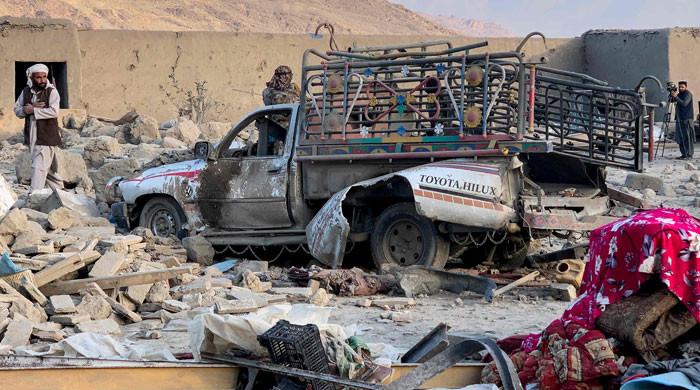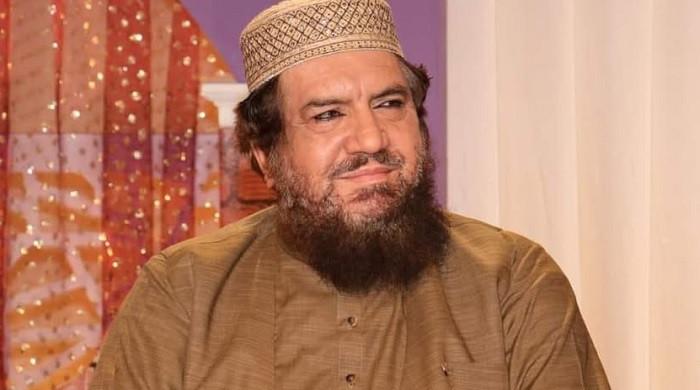PTI starts contacting allies for Army Act amendment
We will continue our conditional support to the PTI government: Khalid Maqbool Siddiqui
December 01, 2019
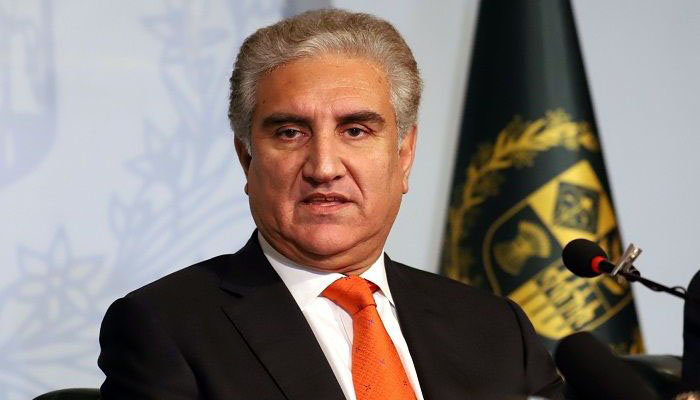
KARACHI: The Pakistan Tehreek-e-Insaf (PTI) has started contacting allies as the government looks to amend the Army Act to continue General Bajwa's extension beyond six months.
Foreign Minister Shah Mahmood Qureshi met a delegation of the Muttahida Quami Movement-Pakistan (MQM-P) on Sunday in Karachi. Qureshi and MQM-P leader Khalid Maqbool Siddiqui spoke to media after their meeting.
"The MQM-P has always stood by the PTI government in difficult times," he said. "Our next meeting in Islamabad will yield results."
Siddiqui said that the MQM-P will continue to support the PTI government.
"We will continue our conditional support to the PTI government," he said.
Siddiqui said that the government was woeking on the demands of the MQM-P at a slow pace. He urged the government to play a vital role in Karachi and recognise it as a part of Pakistan.
The numbers game
The Pakistan Tehreek-e-Insaf (PTI) and its allies on one side and opposition parties on the other have closely contested their positions in parliament. Given their respective numerical strengths, the ruling coalition has around 225 MPs while the opposition has nearly 221 members whereas the simple majority of the total lawmakers of 446 (342 MNAs and 104 senators) comes to 224. The PTI has 156 members of the National Assembly (MNAs). Its allies have varying numbers. The Pakistan Muslim League-Q (PML-Q) and Balochistan Awami Party (BAP) have five members each; Muttahida Qaumi Movement (MQM) has seven MPs; Grand Democratic Alliance (GDA) has three lawmakers; Balochistan National Party-Mengal (BNP-M) has four MNAs and Awami Muslim League and Jamhoori Watan Party have one member each besides the support of two independents. They all come to 184.
In the Lower House of Parliament, the PML-N has 84 MNAs; Pakistan People’s Party (PPP) has 55 MPs; Mutahidda Majlis-e-Amal (MMA) has 16 members; and Awami National Party (ANP) has one lawmaker. Two independents stand with the opposition parties. In the Senate, the PTI is supported by 15 legislators, the MQM by 5 senators, the BAP by two MPs, and BNP-M and PML-Functional by one each. If the decisive number of 16 senators, including those elected from the erstwhile tribal areas are placed in the government pocket, the total strength of the PTI and its allies come to 39 senators.
On the other hand, the PML-N has 31 senators (including Ishaq Dar, who can’t take part in voting for being abroad and not having taken oath); the PPP has 19 lawmakers; the Jamiat Ulemae Islam-Fazl (JUI-F) has four members, National Party has five legislators; Pakhtunkhwa Milli Awami Party has two senators; and ANP has one senator. All of them come to 62 members.




